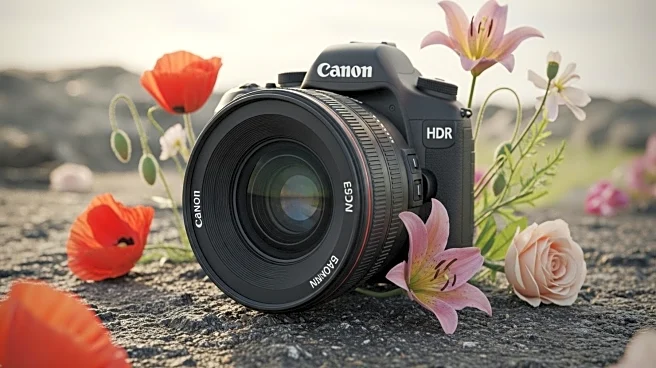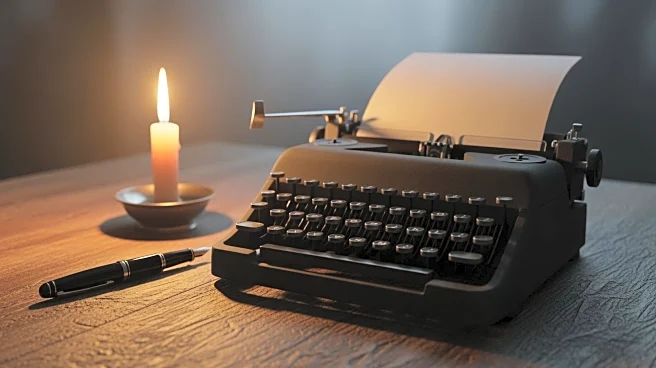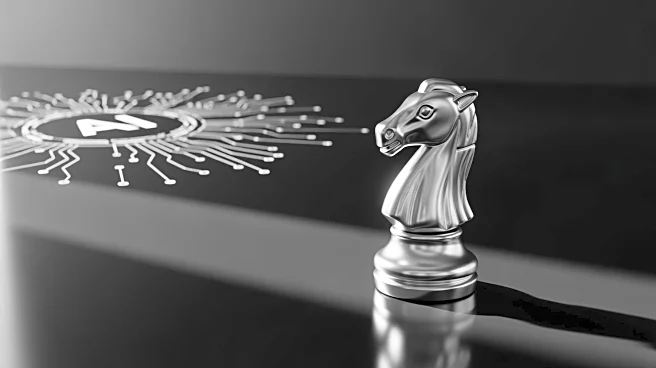What is the story about?
What's Happening?
Pulitzer Prize-winning conflict photographer Lynsey Addario is the subject of a new documentary, 'Love+War,' which explores her career and personal life. Addario has captured images from war zones such as Ukraine, Afghanistan, and Iraq, often at great personal risk, including being kidnapped twice and injured in a Russian mortar attack. The documentary, directed by Oscar winners Chai Vasarhelyi and Jimmy Chin, premiered at the Toronto International Film Festival and the Camden International Film Festival in Maine. It highlights Addario's dedication to her work while raising two young children, addressing the gender double standards she faces as a female war photographer.
Why It's Important?
The documentary sheds light on the challenges faced by female conflict photographers, particularly the societal expectations and double standards regarding motherhood and professional risk-taking. Addario's experiences underscore the broader issues of gender bias in journalism and the unique pressures women face in high-risk professions. Her work, which often focuses on the impact of war on women and children, contributes to a more nuanced understanding of global conflicts. The film's release comes at a time when journalism is under scrutiny, emphasizing the importance of authentic storytelling and the role of photojournalism in shaping public opinion.
What's Next?
The documentary 'Love+War' is set to open in theaters on October 29, qualifying it for Oscar consideration, and will debut on Disney+ on November 4. As the film reaches wider audiences, it may spark discussions on gender roles in journalism and the ethical considerations of war reporting. The film's release could also influence public perception of the media's role in conflict zones, potentially leading to increased support for female journalists and photographers.
Beyond the Headlines
The documentary not only highlights Addario's professional achievements but also delves into the personal sacrifices and ethical dilemmas faced by war correspondents. It raises questions about the balance between personal life and professional duty, especially for women in dangerous fields. The film may inspire conversations about the representation of women in media and the need for equitable treatment in journalism.















